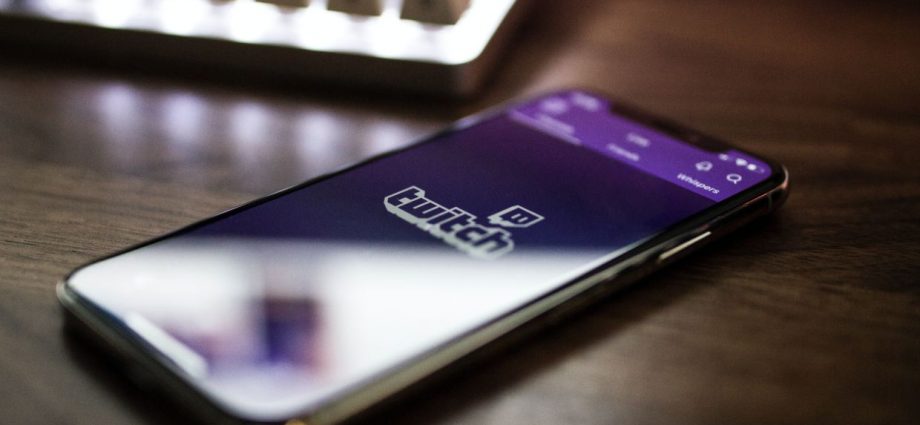
Livestreaming service Twitch has started testing out peer-to-peer (P2P) technology to deliver their content in South Korea as a potential cost-saving measure, with trials starting July 29 on selected partner channels.
The P2P-based livestreams are currently only being used for high-definition content in the trials, with users viewing at 720p or lower quality not affected by this shift. The FAQ page on their website said the use of P2P would also increase latency (lag time) for viewers of a given stream.
In another drawback for users, the shift to P2P technology also carries privacy risks for both viewers and broadcasters, with Twitch confirming that all participants of a stream will be able to view each other’s IP addresses.
ALSO READ: Twitch bans Russian state media in move against harmful misinformation spreaders
IP addresses can be used to obtain an approximate geolocation of users while also putting them at risk of distributed denial-of-service (DDoS) attacks.
Twitch’s FAQ on the trials said that those with privacy concerns can opt out from using P2P technology, however this would limit them to 720p quality when viewing streams.
“In order to create a peer-to-peer (P2P) connection, it is necessary for Twitch to make the IP address of each participant available to the other. It may be possible for a highly motivated and technically proficient person to discover participants’ IP addresses, which could potentially be used to approximate location. Viewers who have privacy concerns with P2P can watch streams in 720p to avoid any IP sharing risk,” they wrote in the FAQ page.
ALSO READ: Who are the most popular streamers on Twitch around the world?
The move to P2P for source quality streams may be an attempt from Twitch to work around having to pay a “network usage fee” to South Korean Internet service providers (ISPs) for their use of a dedicated line to deliver high-bandwidth content from servers outside of the country.
“Due to the unique and associated rising costs of operating in Korea, we must work with the community to find a solution that enables us to continue to operate and still deliver the best experience for the community,” the livestreaming service explained on their website.
This comes after South Korean ISP SK Broadband sued streaming service Netflix for a surge in network traffic caused by the popularity of hit series Squid Game.
ALSO READ: Netflix pushes back against ‘Squid Game’-juiced South Korea usage fees
In April this year, The Korea Herald reported that YouTube was threatening to cut down on their investments into content creators in the country following the possibility of a revision to the Telecommunications Business Act by the South Korean parliament that would make a “network usage fee” mandatory.
The act would force global content providers including Netflix and YouTube to sign contracts with local ISP such as KT and SK Broadband to pay standardised fees for their heavy network use.
It is still currently unclear if streaming service intends to expand the P2P distribution of their content outside of South Korea.

